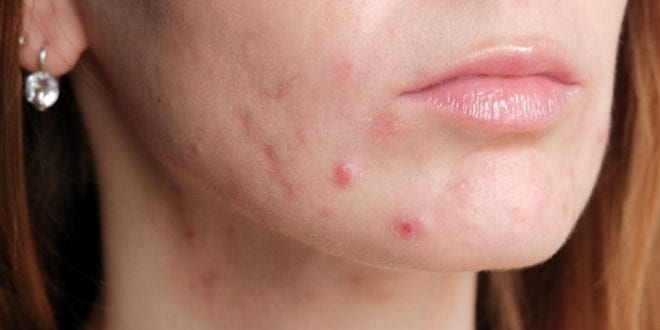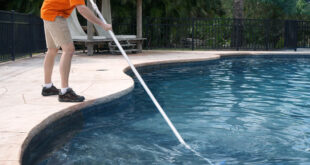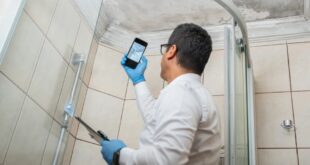Pregnancy is an emotional and physical roller coaster ride for a woman but while most women assume that their skin is going to get the pregnancy glow, some of them might be disappointed with certain skin conditions and even acne! Let’s find out if pregnancy acne is common? However, besides what you will read in this article you can read more here.
Is Pregnancy Acne Common?
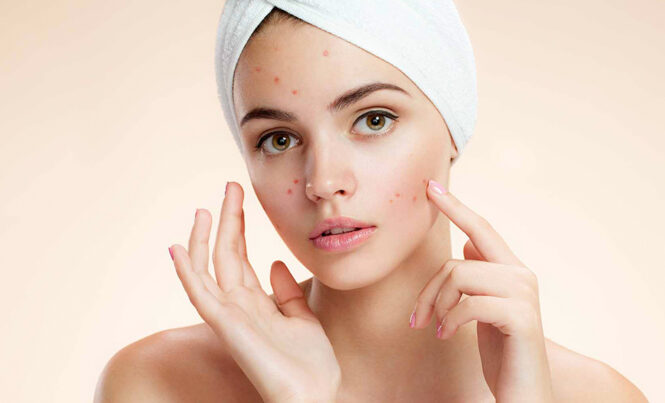
Being pregnant is one of the most cherished moments of a woman’s life but along with the joy of motherhood, it brings with itself a plethora of changes in a woman’s body. Some changes are good but some are not. One of the most common skin problems that women experience during pregnancy is acne. This might come as a surprise but did you know that 1 out of every 2 women gets acne during pregnancy. In fact, in some cases, acne can be severe.
When does Pregnancy Acne begin?
Although one may suffer from acne at any time during the pregnancy, most women develop acne in the first trimester of pregnancy, during week 6. It’s quite possible that a woman may not even be aware of her pregnancy when she starts getting acne.
Pregnancy acne usually carries on till the end of the second trimester and skin gets cleared up when a woman is in her final trimester of pregnancy. However, some women may suffer from acne during the entire pregnancy. For those who do not get acne during their first trimester are most likely to not get it at all!
More about acne and treatments for riding them, you can check on Banish blog.
Causes of Pregnancy Acne
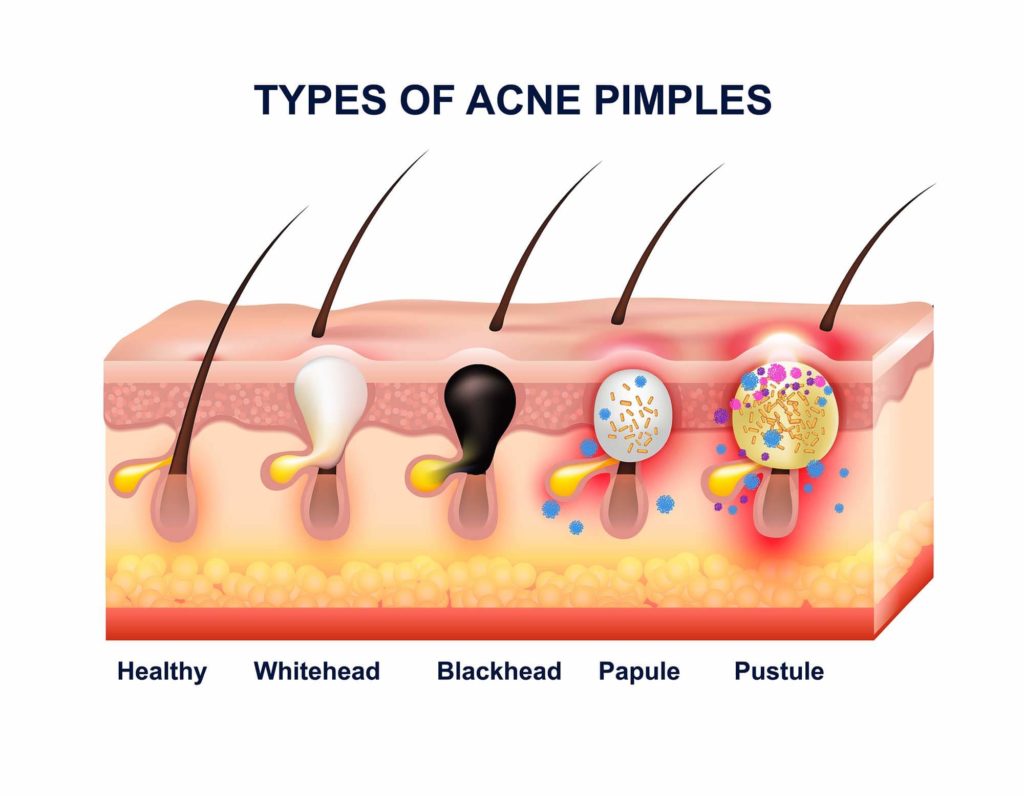
Acne during pregnancy occurs due to two main reasons:
- Increase in the hormone progesterone – During pregnancy, a woman’s body produces excess of the hormone progesterone, which leads to an increase in the production of sebum – oil on the skin. This clogs the pores and causes pimples.
- Fluid Retention – During pregnancy, a woman’s body retains more fluids. These fluids might contain various toxins, which can help bacteria to breed and lead to acne.
Does acne during pregnancy help decipher the gender of your baby?
According to various old wives’ tales, the occurrence of pregnancy acne is an indication that you’re going to have a baby girl. Well, there is very little scientific evidence to support this myth. Your hormones and the occurrence of acne has nothing to do with the gender of your unborn baby.
Home Remedies to get rid of Pregnancy Acne
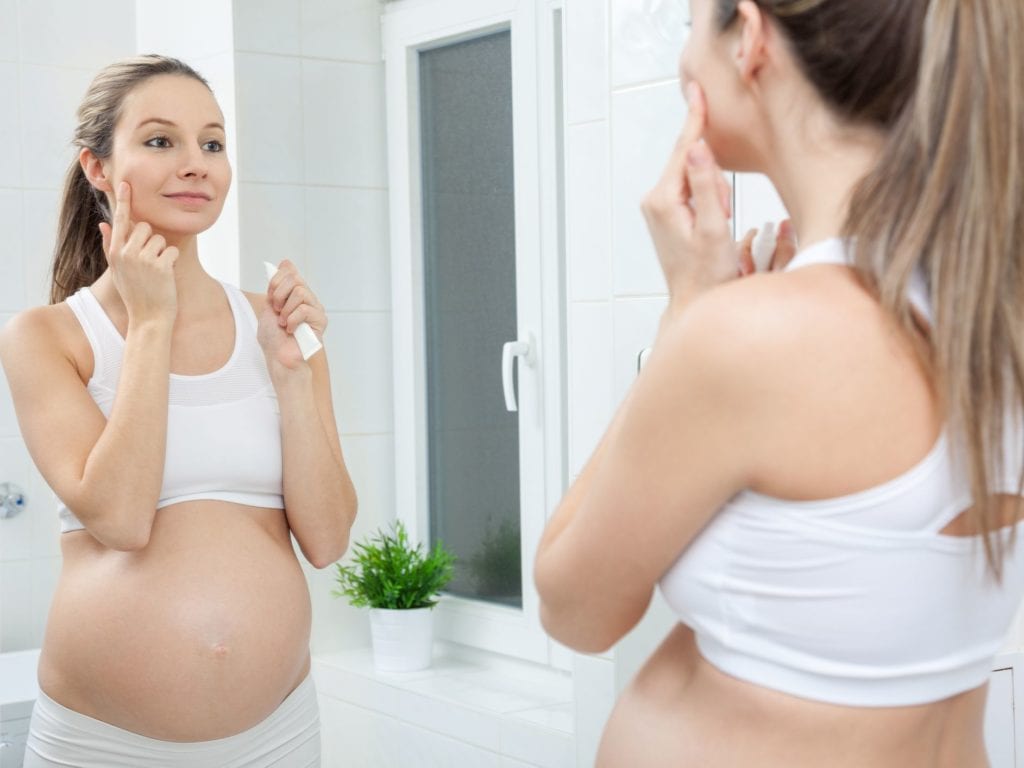
There is no need to be stressed about pregnancy acne. Just try these home remedies to get rid of it:
- Coconut Oil – Known for its antibacterial and healing properties, coconut oil gets absorbed by the skin easily and helps to clear the skin. Make it a point to apply extra virgin coconut oil on the affected area every night before you go to sleep.
- Lemon – Lemons contain Vitamin C and alpha-hydroxy acids, which work as an astringent on the skin. It helps to exfoliate the dead skin cells and unclog the pores of the skin. Just squeeze a few drops of lemon on a cotton ball and apply it on the affected area. Allow it to stay for 10 minutes and rinse with water.
- Cucumber and Oatmeal Mask – Both oatmeal and cucumber possess cooling and soothing properties. They soothe skin inflammation. Just take a small piece of cucumber and blend it oatmeal. Freeze and apply the mask on the affected area. Allow it to stay for 10-15 minutes and wash off.
- Baking Soda – Although some skincare professionals discourage the use of baking soda on the skin, it can be a very effective way of getting rid of pregnancy acne. This is because baking soda helps to heal the skin and dries the excess oil. Just mix 1 tablespoon each of baking soda and water and apply on the affected area. Allow it to dry and then wash off.
- Honey – Honey is known for its antiseptic and antibacterial properties. It also helps to soothe the skin. Just rinse your face and apply raw honey to the affected area. Rinse with lukewarm water after half an hour.
- Apple Cider Vinegar – Apple cider vinegar is a great natural treatment for acne since it contains alpha-hydroxy acids that help to kill the bacteria and exfoliate the skin. Always dilute apple cider vinegar before applying it on the skin. Mix one part raw apple cider vinegar to three parts distilled water and use a cotton ball to apply it on the affected area. Leave it for 10 minutes and rinse with water. Women who have dry skin should not apply apple cider vinegar as it can further dry up the skin.
Note: Check with your doctor before using any of the above remedies
Do’s and Don’ts in case of Pregnancy Acne

- Do not over-wash your skin as it can remove the skin’s natural oils. This makes the oil glands overactive and leads to further breakouts.
- Never wash your face with very hot water as it makes the skin extremely dry.
- Avoid scrubbing and exfoliating the skin too frequently. Although exfoliation is important, overdoing it can scar your skin.
- Do not ever touch, scratch or squeeze the pimples as it increases irritation and leads to scars.
- Get ample rest and relax. Keep stress at bay as stress can trigger acne and breakouts.
- Eat a healthy and nutritious diet with lots of fresh fruits and green leafy vegetables.
- Avoid eating fried, oily, spicy and sugary foods since these foods also act as triggers for acne.
- Avoid drinking caffeinated and aerated beverages.
- Drink plenty of water to keep your skin hydrated and eliminate the toxins from your body.
- Wash your towel and pillowcases on a regular basis.
- If you like wearing makeup, ensure that you use only natural products labeled as hypoallergenic and non-acnegenic.
- Always clean your face with a mild cleanser and remove all the makeup before going to bed.
- Your scalp may be oily and so you need to wash your hair regularly and prevent it from falling on your face.
- Never take any over the counter medication without consulting your doctor.
 Imagup General Magazine 2024
Imagup General Magazine 2024
